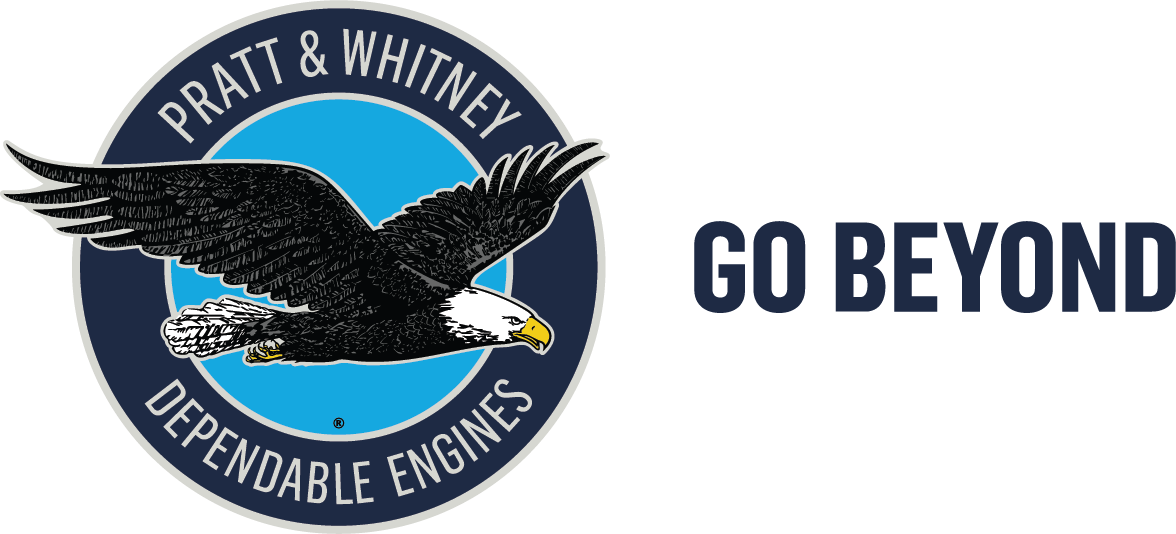Machine All Over Making Headway in Columbus
When it comes to compressor airfoils, Pratt & Whitney has historically precision-forged airfoils, which involved up to 55 steps over a 12-week timeframe. Machine all over, a new process being used at the company’s Columbus Forge Blades business, now requires only five steps and four weeks to make an airfoil. Yields have increased significantly, resulting in less inventory and reduced cost.
 The part involved is an F100 engine titanium compressor blade previously produced using a precision-forging process in which the material is pressed to a final airfoil shape that doesn’t require milling operations. But, the process is involved, time-consuming and requires multiple iterations to achieve robustness; as a result, customer delivery schedules were being affected. The machine all over process is an advanced milling approach that precisely achieves uniform airfoil finished shapes.
The part involved is an F100 engine titanium compressor blade previously produced using a precision-forging process in which the material is pressed to a final airfoil shape that doesn’t require milling operations. But, the process is involved, time-consuming and requires multiple iterations to achieve robustness; as a result, customer delivery schedules were being affected. The machine all over process is an advanced milling approach that precisely achieves uniform airfoil finished shapes.
“The biggest differences with machine all over are the speed in producing the product and the level of precision we can achieve,” said Laurinda MacKinnon, plant manager. “We now have the ability to make improvements to the manufacturing process within minutes rather than months, and the added process control and stability reduces cost through less scrap, rework and repair. As airfoil geometry becomes more complex, machine all over will become even more prevalent in our blades business - on all of our products, not just on the two we are working with today.”
The switch to machine all over came about as a result of a kaizen event geared toward streamlining the legacy forging process. “The team determined a strong business case could be made to re-engineer the previous process and start over,” MacKinnon said. “It was as radical as going from a rotary phone to a cell phone. But we did our due diligence and made the switch in four months.”
The change has truly been a team effort over the last nine months, with Engineering playing a prominent role. “We’ve been critically involved throughout, from exploring the financial feasibility of the switch, to ensuring parallel value streams to deliver parts, to development of the overall process and standard work,” said Dan Tragesser, engineering manager.
“It’s critical that we produce perfect products every time for our military customer,” Tragesser added. “To date, utilizing machine all over, our first large group of parts was made without any scrap.”
“The F100 compressor blade machine all over transition is just one of our efforts to lead transformation across the company in a connected and integrated factory environment,” MacKinnon said. “Our goal is to be the producer of choice for the company’s industry-leading products, while providing growth opportunities for our employees.”

